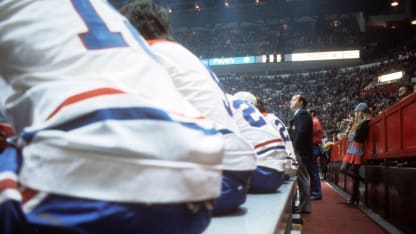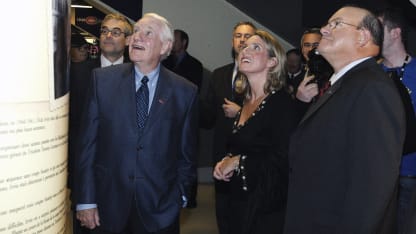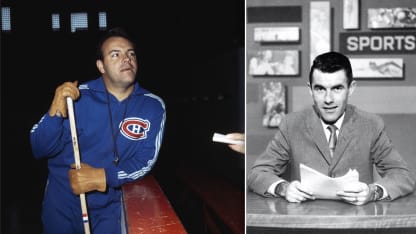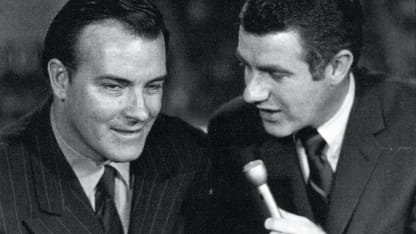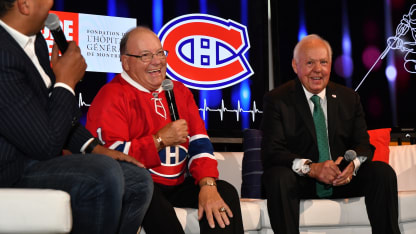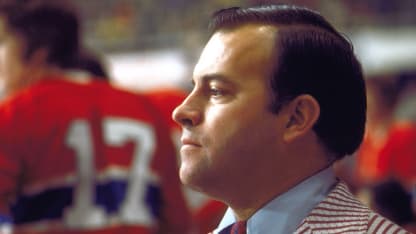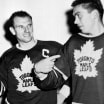Bowman and Woods had met at an awards show a year earlier, the golfer admitting during their amiable chat that he was more a fan of basketball than hockey. In the scoring trailer after the final round at Pebble Beach, Woods and Els verifying their scorecards, the champion turned to see Bowman sitting a few feet from him.
"Scotty Bowman. What are you doing here?" Woods said, so focused over 18 holes that he never saw Bowman walking almost step for step with him.
"Scotty phoned a few days later to share every single detail with me," Irvin said, laughing. "I told him, 'Scotty, I've been with you for six of your eight Stanley Cups (to that point) and I've never heard you this excited.'"
Two hours after the mention of Bobby Carragher, the friends were back in the parking lot, walking to their cars, Bowman off to pick up his wife, Irvin headed home. They were still spinning yarns, recalling names and events, and said they'd soon be in touch again by phone, which they've done regularly without fail for decades.
"I always got good standing room in the Forum in the '50s," Bowman recalled of the building where this special friendship began. "I knew what time to get to which door."
Then, with a laugh: "And Dick, I knew some of the ushers."
Photos: Dave Stubbs; Getty Images; Dick Irvin Jr.; Montreal General Hospital FoundationHockey Night in Canada video courtesy archivist Paul Patskou

